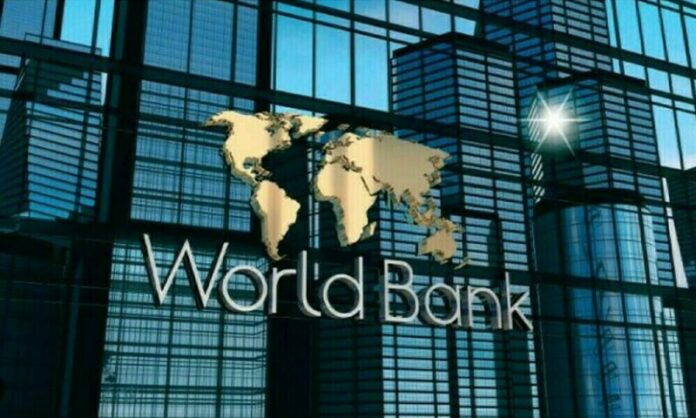Kenya is now at a heightened risk of sovereign debt default, the World Bank has warned, cautioning that current austerity measures may not be sufficient to pull the country out of its deepening fiscal crisis.
In its latest assessment, the World Bank classified Kenya as being at “high risk of default,” raising alarms about the country’s growing debt burden amid a slowing economic environment and rising poverty.
“Default will not be an easy solution for Kenya. In fact, it’s not an effective solution for anyone,” said Qimiao Fan, the World Bank’s Division Director for Kenya. Citing a study of 221 sovereign defaults, Fan warned that such events can reduce GDP per capita by 8.5% and increase poverty by 6% within five years.
Kenya’s Treasury, led by Cabinet Secretary John Mbadi, has announced aggressive fiscal consolidation plans to avert a default. These include a 120 billion shilling cut in government expenditure in the 2025/26 financial year, with the aim of reducing the fiscal deficit to below 5.3%.
In addition, the Treasury projects 559 billion shillings in non-tax revenue for the year, though the overall fiscal deficit is expected to reach 877 billion shillings. This shortfall will be financed through 284 billion shillings in external borrowing and 592 billion shillings from domestic sources.
“We took a bold and radical approach in preparing the 2025/26 budget,” Mbadi stated. “We have scaled down our expenditure and revised revenue projections, which we believe were exaggerated in previous years.”
Despite these efforts, the World Bank remains concerned. Jorge Tudela Pye, a World Bank economist, emphasized that austerity alone will not be enough. “Structural and governance reforms are also needed,” he said. “If Kenya wants to transform its fiscal performance, it must also transform its economic structure.”
As the country approaches the June budget presentation, the pressure on the National Treasury is mounting. With wages stagnating and public spending commitments growing more rigid, analysts warn that Kenya’s room for maneuver is rapidly shrinking, and without deeper reforms, the risk of default could become reality.
Written By Rodney Mbua



















